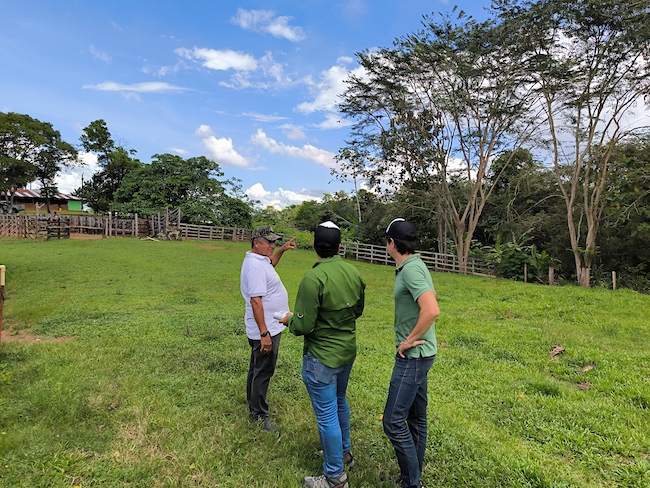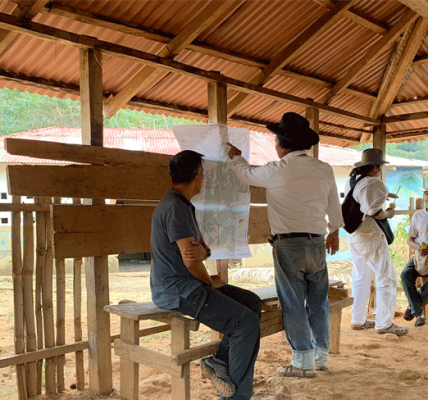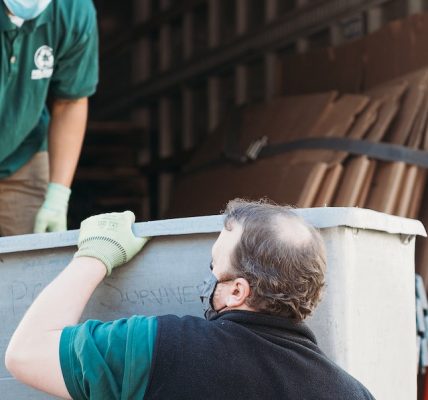The Paris Agreement often evokes perceptions of technicality or disinterest, prompting many to overlook the critical issue of climate change. Some individuals even experience eco-anxiety, a persistent apprehension stemming from the perceived irreversible consequences of environmental degradation.
Conventional methods of emphasizing the negative aspects have proven ineffective in engaging the public. However, rather than solely emphasizing the challenges, attention should be directed towards the promising prospects outlined in the Paris Agreement.
This international accord provides a comprehensive framework for global collaboration in combating climate change. It offers viable solutions such as renewable energy adoption and carbon sink preservation. While the agreement’s intricacies may appear daunting, its fundamental principles can be conveyed across various societal domains.
Understanding climate change does not necessitate specialized expertise but demands concerted collective action to mitigate global warming’s adverse effects. It is imperative to cultivate capabilities at individual, organizational, and national levels to foster a paradigm shift towards sustainability in consumption patterns, ethical values, and economic frameworks.
In his recent column on NTN24, Alexis Leroy, ALLCOT’s Founder & CEO, underscores the importance of capacity building to achieve sustainable development.






